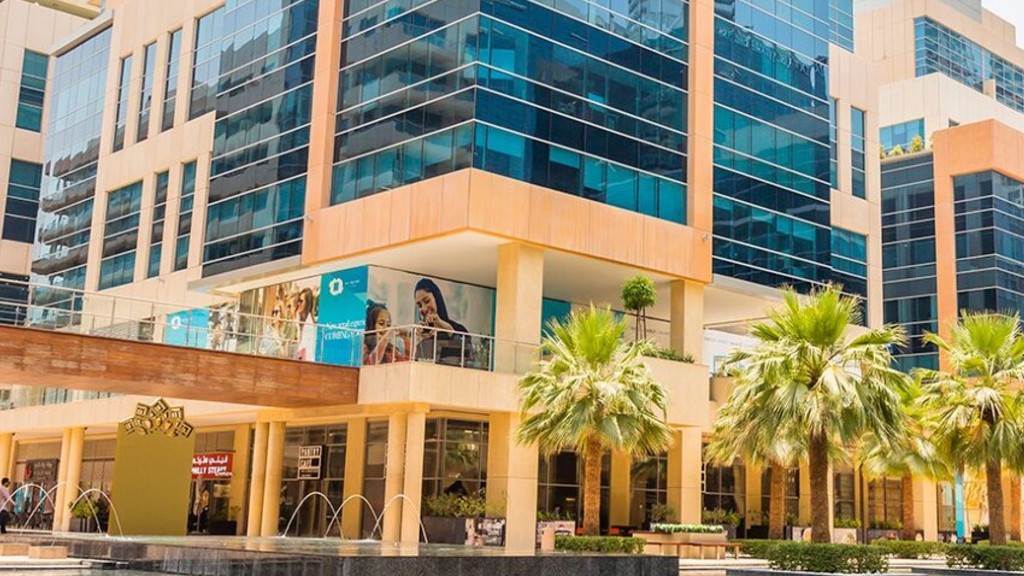What you need to know about renting and leasing commercial property in Dubai.

The city of Dubai is known to be the best destination to conduct business in the world. With a diverse industry and fast-growing economy, the Emirate city attracts more than millions of entrepreneurs and foreign investors to set up a business in Dubai. While setting up a business and running operations in the city is made simple for many expats, and investors. The challenges to run smooth operation still exists. It is important to know how to conduct business in the UAE before you migrate your business to the nation.
With many business opportunities in the city, many small businesses and startups are migrating their business inside the well know business hotspot in UAE. To start setting up a business in the UAE, there are a few challenges and process that needs to be abided.
Here is what you need to know about renting or leasing commercial property in Dubai:
Before you start conducting business affairs in the UAE, it is important to ensure your eligibility in the city. To be able to rent or lease a commercial property in Dubai you need to possess a trade license issued by the Dubai Economic Department. If you plan to set up your business in a free zone then the license will be issued by respective free zone authorities like Dubai Silicon Oasis, Dubai Multi Commodities Centre (DMCC), or others.
Depending on your business and the trade license provided for your organization, you need to look for a location that will best suit your business needs. There are many business destinations in the UAE that rent or lease commercial properties in the city. However, with the help of a Real estate agency or a trusted real estate agent, you can find the rightful information to find the best location for your business. Depending on the availability and functionality of your business, you can choose from many best destinations such as Jumeirah, Downtown Dubai or Sheikh Zayed Road, and more.
While looking for a commercial property it is also important to evaluate the number of employees that you wish to accommodate in your office space. Companies in Dubai can offer foreign visas to employees.
Seeking professional help from experts in the field will save you a lot more time. Some important factors need to be made sure before renting out a commercial property in Dubai. Offices cannot operate as a warehouse and vice versa, so it is important to ensure that all your documentation is in order to conduct business without any interferences.
Some of the important documents include:
- Business ownership
- The status of the property
- The business plans and how you are going to use the premises.
- The necessary permits to allow you to use the property
- And making sure that you sign an agreeable contract with the owner so that you can renovate or install the necessary equipment on the premises. It is best to get this done before renting the property to avoid any dispute or fine charges.
Once your budget and the suitability tally to rent the commercial property you can go ahead and sign the contracts.
If you plan on leasing a commercial property in Dubai then you need to know the four common leasing agreements in the market.
Gross Lease – This type of lease agreement is a basic lease in which you should pay a pre-decided monthly rent, while the landlord handles any taxation, insurance, and maintenance expenses.
Land Lease– This type of leasing contract allows you to construct a business on the leased land for business purposes. However, at the end of the tenure, the constructed building and land become the landlord’s property.
Triple- Net Lease – this type of leasing agreement is very expensive for tenants but it is favorable for the landlords. Triple-Net Leasing is not as popular as the gross lease in the city. When you agree to a Triple-Net Leasing contract you have to handle the taxes, insurance, and maintenance expenses of the property.
Modified Net Lease – This type of leasing agreement is most preferred by both landlords and tenants in the city, the expenses of managing the property are shared equally.

